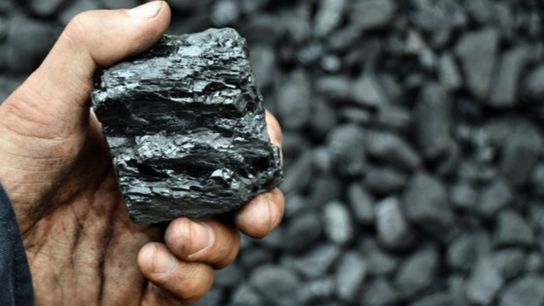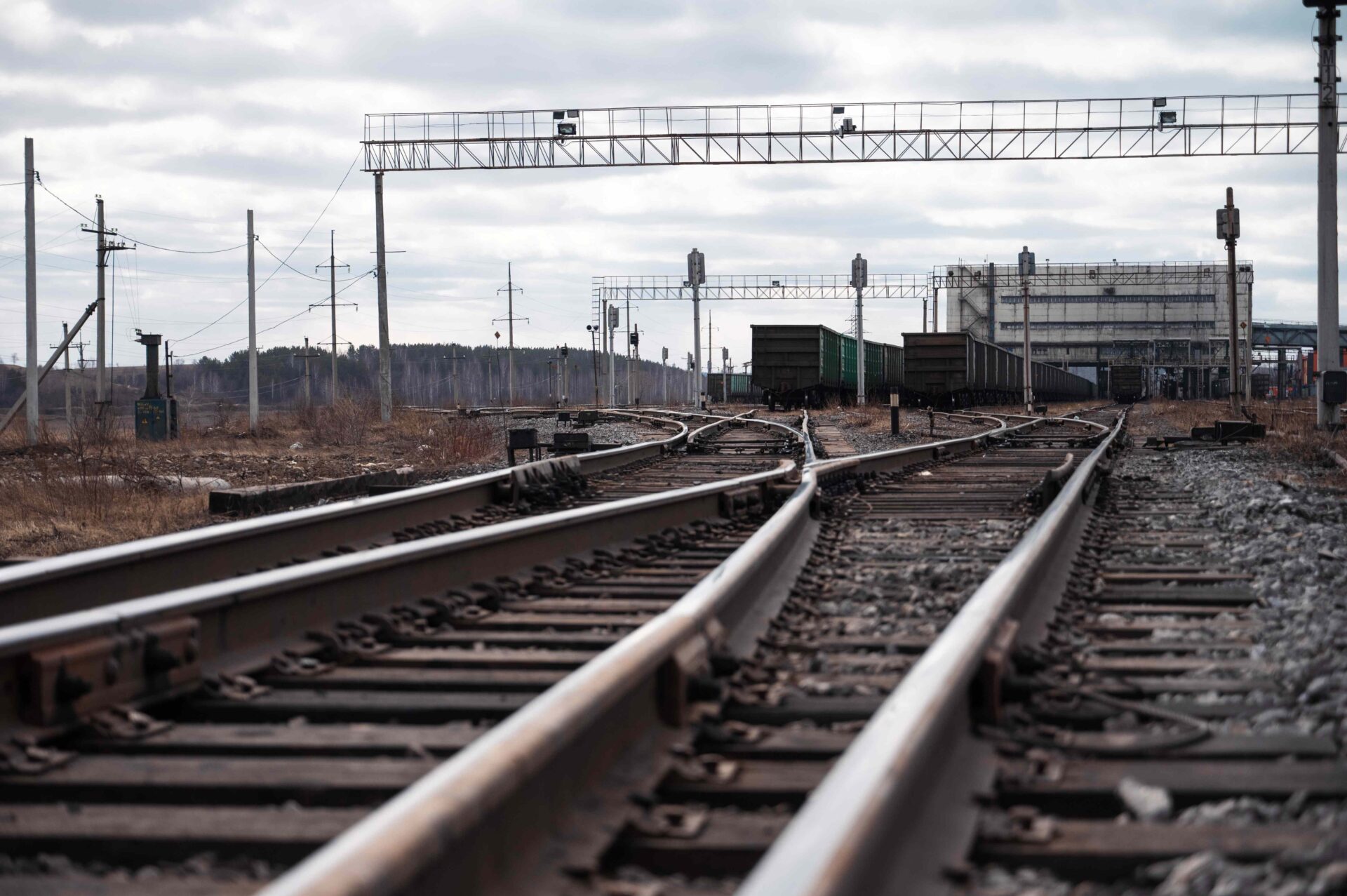
European coal prices have risen sharply in recent sessions, underpinned by related market gains, but physical demand continued to slacken.
The front-quarter API 2 contract traded on Friday at USD 69.40/t, up nearly 6% on the week, while the front year was 4% higher at USD 70.20/t, on Ice Futures.
“I don’t see a reason for API 2 to move upwards per se,” said a coal strategist with a European utility, adding “I rather believe it has been following power and gas, and hence the weather [developments].”
The February German baseload power price has jumped nearly 8% from Wednesday’s week-to-date low of EUR 51/MWh, while the front-month Dutch TTF gas contract has rebounded 4% since mid-week.
Temperatures across much of northern and central Europe in the first two weeks of February could fall to as low as 4C below seasonal norms, with some of the coldest weather expected for Germany, according to forecaster SMHI.
Yet in physical trading, one broker pointed to “lacklustre” trading activity.
The Global Coal Des ARA index was little changed on the week at USD 66.50/t, with no cargoes for delivery in northwest Europe reported to have changed hands.
And the prospect of sharply rising Rhine levels this weekend could further limit spot demand, with barge routes to some German destinations likely to close over the coming days. (See p2).
“If they close the Rhine, this will definitely have an impact,” said a source at one Rotterdam dry bulk terminal.
“We see an uptick in train voyages as an alternative [to barges],” he said.
However, rail transportation can prove more costly for generators – and not all plants have rail connections – so a temporary stoppage to barge shipments would mean some utilities have to stockpile more coal at ports.
Asian demand
Meanwhile, still buoyant Pacific basin prices continued to offer some support to Atlantic prices, with the benchmark Newcastle coal index up 2.5% on the week at USD 90.12/t – a near two-week high.
But there were signs that this support could soon ease.
“Things might change in Asia in the near term as we are approaching the Lunar New Year, which dents consumption in the area,” said a coal analyst with a European energy firm, regarding the week-long Chinese New Year holidays in early February.
“Moreover, the Chinese government has urged miners to continue producing during the holidays and not to shut down their operations as usual,” the analyst said.
She noted if industry however still shut down during the festivities and consumption declined, there may be some loosening of the country’s current supply tightness.
Source: Montel
Follow on Twitter:
[tfws username=”montelnews” height=”700″ width=”350″ theme=”light” color=”#FAB81E” tweets=”2″ header=”yes” footer=”yes” borders=”yes” scrollbar=”yes” background=”yes”]



